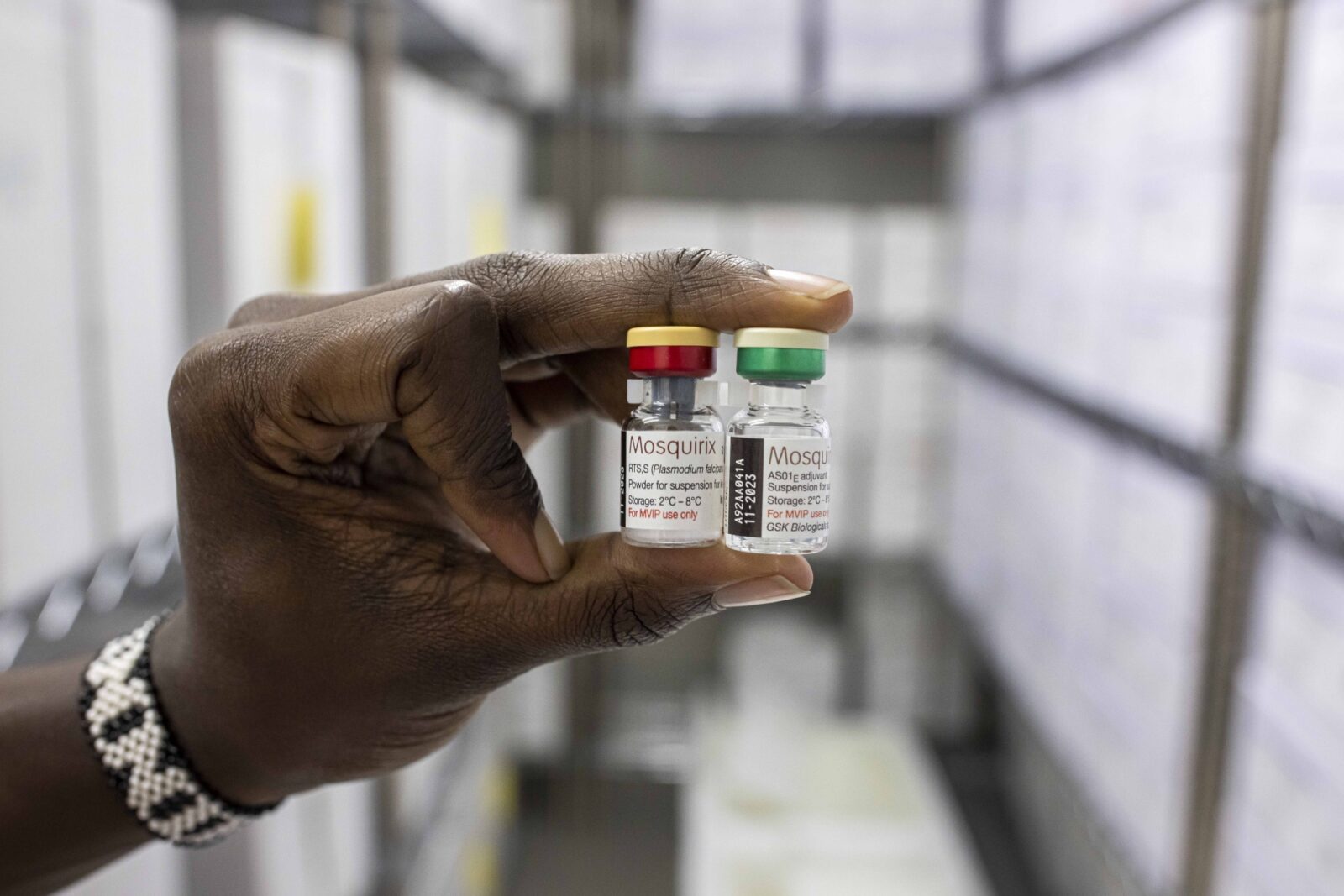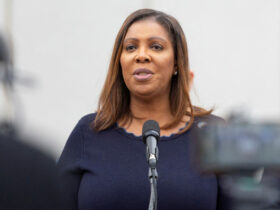The global battle to fight against malaria advanced a step on Monday as Cameroon launched the world’s first routine vaccination program against this mosquito-borne disease.
This is a World Health Organization (WHO) approved vaccine developed by British drugmaker, GSK. The vaccine is called- RTS, S vaccine, which has taken more than 40 years to develop. The vaccine is meant to work along with other malaria combat tools like bed nets.
Malaria kills nearly half a million of Africa’s young children aged under five annually.
Cameroon became the first country to achieve the feat
Following successful trials even in Ghana and Kenya, Cameroon becomes the first country to administer doses via a routine program that 19 other countries plan to implement this year according to Gavi, the global vaccine alliance.
There are approximately 6.6 million children in these countries who will be vaccinated for malaria until the financial years of 2024-25.
Mohammed Abdulaziz of the Africa Centres for Disease Control and Prevention (CDC) said at a joint online briefing with the WHO, Gavi, and other organizations, “For a long time, we have been waiting for a day like this,” reported the Reuters.
The manager of Cliniques des Anges hospital in Douala, Cameroon said five girls and a boy aged six months were immunized on Monday at her hospital.
She said that it was a success and added further, “We are proud to have this programme in place because it will eradicate malaria in children aged six to 59 months.”
In the Datcheka district of northern Cameroon Centre, twelve children were vaccinated early Monday morning in the health center there, according to a Reuters reporter.
Lack of awareness proves a hurdle to the program
However, in the other centers of the country health workers reported low awareness among the parents, who were not adequately informed about the vaccine, while some were afraid to consent to their children receiving it.
Audrey Stella, a mother who declined to have her child vaccinated at the Japoma District Hospital in Douala, “The reason I didn’t accept is because I wasn’t made aware of it – I didn’t know it existed,” Reuter reported.
Malaria cases on the rise
In the past few years, disruption due to COVID and other issues have slowed down efforts against malaria with cases rising by about 5 million annually in 2022 as reported by WHO.
Expansion of the vaccination program
All in all, over 30 African countries have shown their intention to introduce the vaccine, and shortage concerns calmed down after a second shot got through a critical regulatory process by December last year.
WHO’s director of immunization, Kate O’Brien, said at the briefing as reported by Reuters, rolling out the second vaccine “is expected to result in sufficient vaccine supply to meet the high demand and reach millions more children,” as reported by the Reuters.
Gavi’s Chief Programme Officer, Aurelia Nguyen stated the R21 vaccine, developed by the University of Oxford and the Serum Institute of India, could be launched in May or June.

Tedros Adhanom Ghebreyesus, director-general of the WHO, at a meeting of the U.N. body’s executive board on Monday, said, “Having two vaccines for malaria will help to close the huge gap between demand and supply and could save tens of thousands of young lives, especially in Africa,” reported Reuters.
What the critics are saying?
Some experts, however, have been doubtful about the efficacy of vaccines and say attention or funding should not be diverted away from the wider fight against the age-old killer which is fought with known preventive practices such as bed nets.
During the briefing, the health experts pointed out accompanying extensive community outreach to address any vaccine skepticism and emphasize on need for all mitigation measures alongside the vaccines.











Leave a Reply